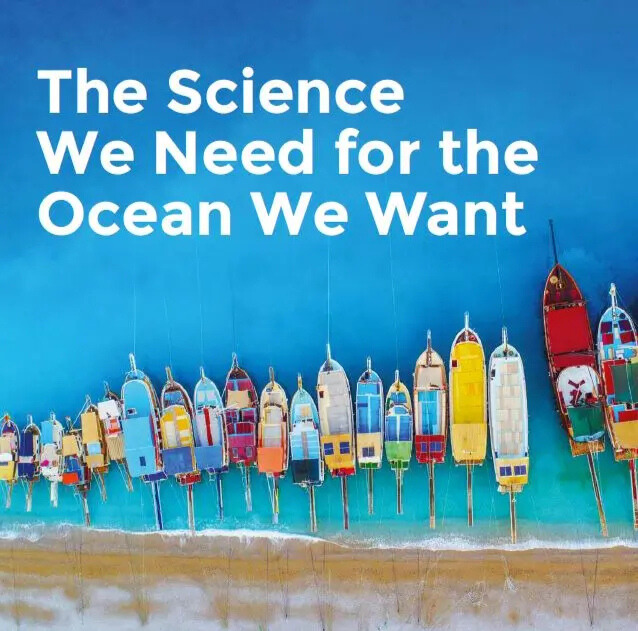Global Ocean protection is advancing, with marine protected areas now covering 8.34% of the Ocean, but urgent action is still needed to reach common targets. Milestones such as the UN High Seas Treaty, progress on plastic pollution agreements, and a growing focus on equity and Ocean literacy are driving significant momentum towards stronger and more sustainable Ocean governance.

.jpg)


